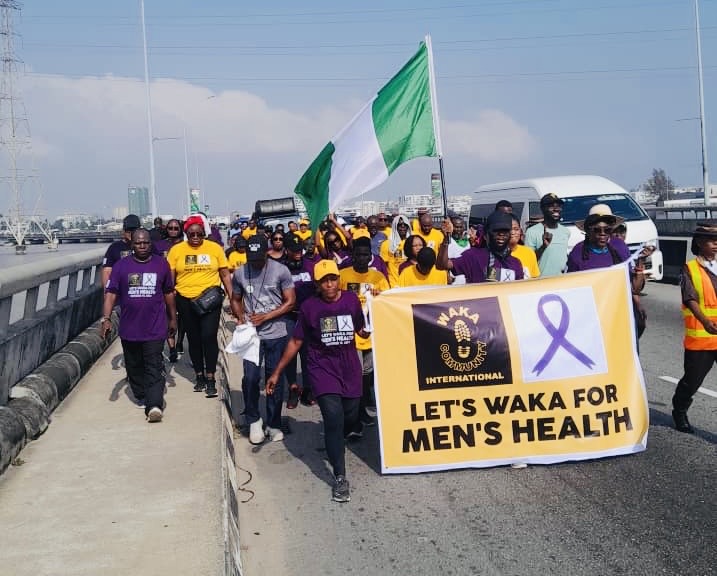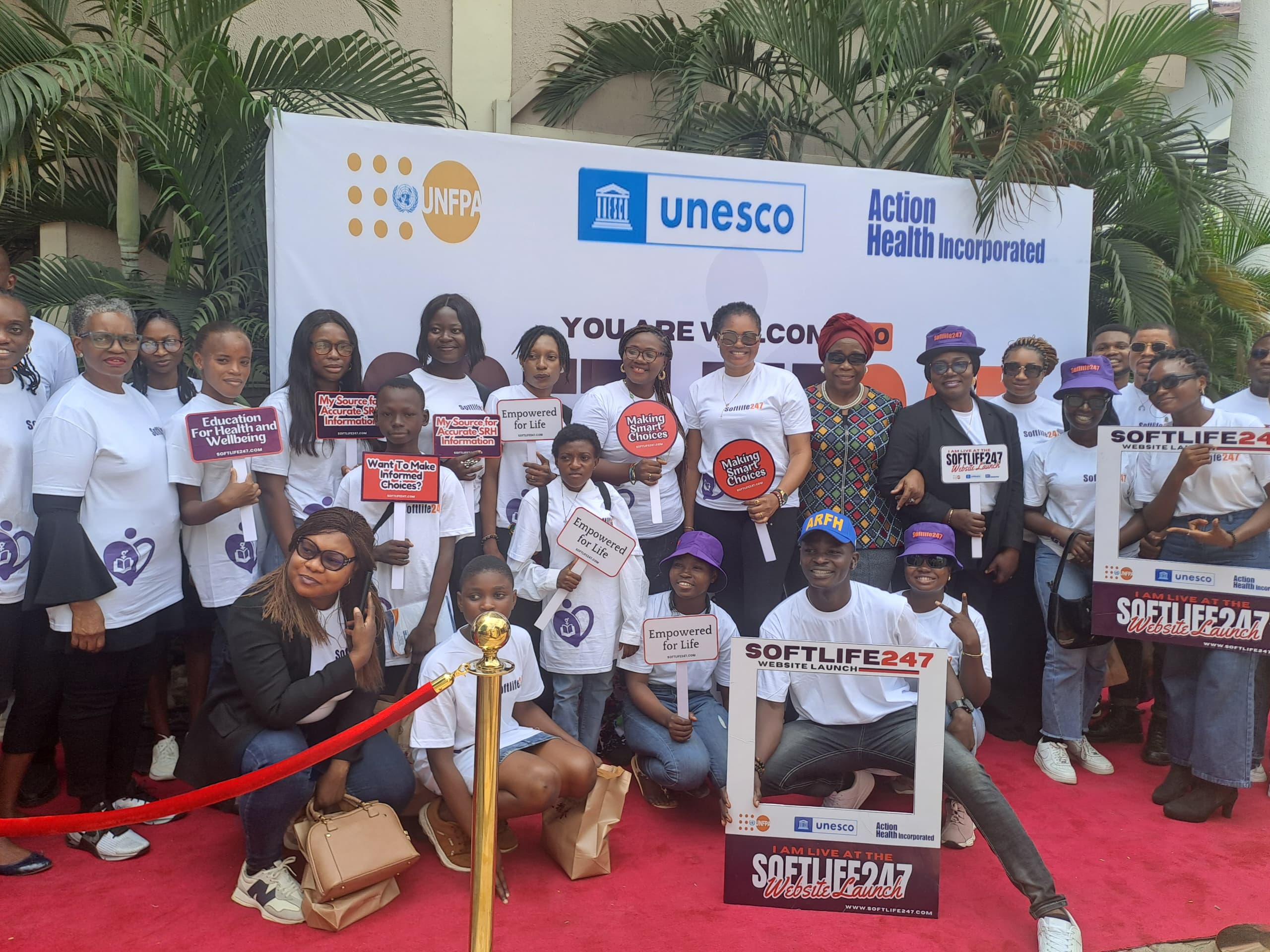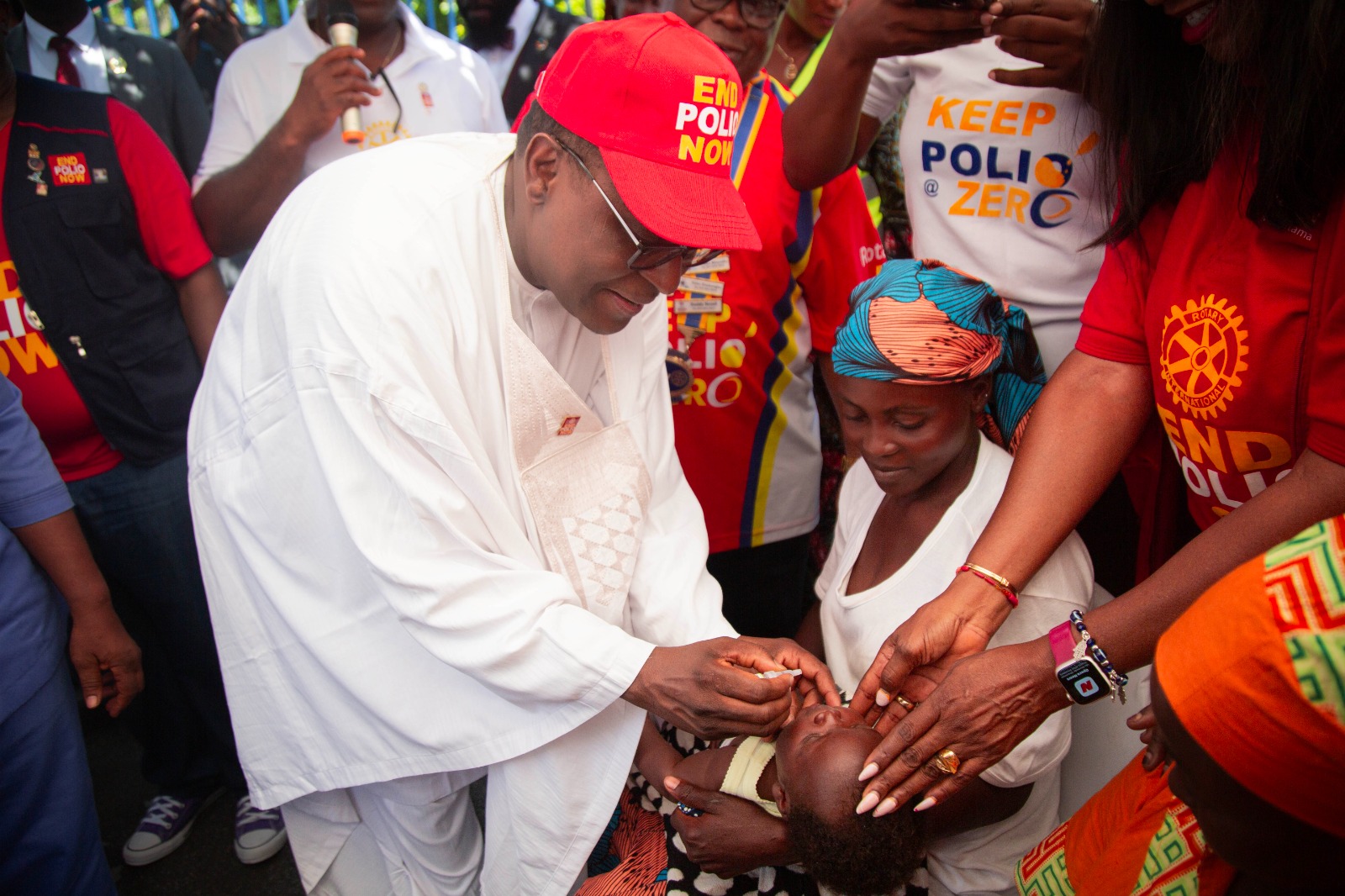Hardship: Expert advises Nigerians to guard mental health
Okeoghene Akubuike
A clinical Psychologist, Dr Adedotun Ajiboye has advised Nigerians to guard their mental health amid the present economic challenges being experienced in the country.
Ajiboye, who works with the Ekiti State University Teaching Hospital, Ado- Ekiti gave the advice in an interview with the News Agency of Nigeria (NAN) in Abuja on Sunday.
He said that the economic hardship could significantly affect mental health, increase stress, anxiety, and depression.
Ajiboye, however, said it was important for people to recognise the impact of economic hardship on their mental health.
For instance, he explained that economic hardship could lead to financial stress such as reduced income, debt, and uncertainty, which he said could trigger feelings of being overwhelmed.
According to him, economic hardship can lead to emotional turmoil, which can cause anxiety, depression, irritability, and mood swings.
“Economic hardship can also lead to social isolation, this is when people withdraw from social connections due to shame or embarrassment.
“Economic hardship could also cause physical symptoms such as headaches, insomnia, and digestive issues.”
He proffered some strategies for maintaining good mental health during economic hardship which include practicing self-care, mindfulness, and relaxation techniques.
“Acknowledge your emotions, and ensure you avoid denial or suppression of your emotions.
“Also, express yourself in a journal, talk to trusted friends/family members , or engage in creative activities.
“Practice self-compassion such as treating yourself with kindness and understanding, while regular meditation and mindfulness can help reduce stress.
“Gratitude is also important, reflecting on positive aspects of life.”
He said people should exercise regularly because it helps to improve a person’s mood, adding that eating healthy and establishing a consistent sleep schedule was important.
Ajiboye said another strategy was for people to stay connected with their community and loved ones and seek support from professionals.
“It is important for people to maintain relationships and join support groups. Also, get involved in your community by volunteering and participating in local initiatives.
“Also, share your concerns with friends, family, or mental health professionals through therapy and counselling.
“There are online communities people can join for support, online therapy platforms and mental health hotlines for convenient access to mental health services.”
He said that adopting practical coping mechanisms was another strategy people could use to maintain good mental health during economic challenges.
“Budgeting is very important, people need to create a realistic budget, allocating essentials first.
“Debt management should be adopted by negotiating payment plans and considering credit counseling.”
Ajiboye said that those searching for jobs should update their skills, network, and explore new opportunities.
“ Also, utilise your resources such as leveraging on community resources like food banks or seeking financial assistance.
He said people should learn to manage their time properly by prioritising tasks and setting achievable goals.
“Economic hardship can challenge mental health, but proactive strategies can mitigate its impact.
He said while acknowledging emotions, seeking support, and prioritising self-care, individuals could navigate financial difficulties while maintaining mental well-being.
“Remember, seeking help is a sign of strength,” he said (NAN) (www.nannews.ng)
Edited by Ese E. Eniola Williams















